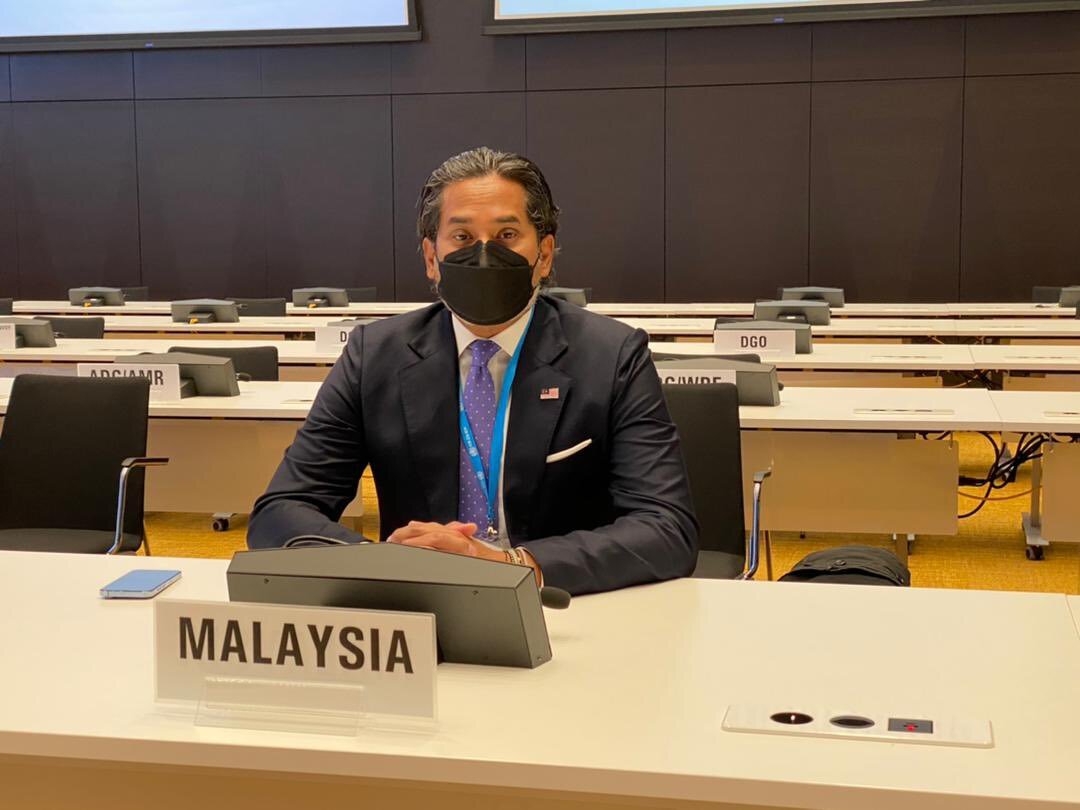KUALA LUMPUR, Feb 3 – Health Minister Khairy Jamaluddin is optimistic that federal plans to ban smoking for everyone born after 2005 will bear fruit, despite concerns over Malaysia’s poor enforcement track record.
Khairy is convinced that the majority of the public is supportive of the proposed move to prohibit the sale of cigarettes and tobacco products in a bid to outlaw smoking for the next generation.
“Nevertheless, of course the main issue that is often brought up is enforcement (of the proposed policy) and I believe this is an important issue.
“Of course, enforcement is a big issue and is a big concern, especially with the prevalence of illicit cigarettes, but that should not be an obstacle for us to pursue a generational ban. There are many methods that we can utilise to control the sale of tobacco to those born after 2005.
“I’ll be looking at many, many methods in ensuring that we can enforce this ban should Parliament approve the legislation,” Khairy told reporters after launching the paediatric Covid-19 inoculation programme (PICKids) in Kuala Lumpur today.
A public health expert previously told CodeBlue that the government could consider using QR codes on MySejahtera to operationalise the government’s proposed generational smoking ban on everyone born after 2005.
Galen Centre for Health and Social Policy chief executive Azrul Mohd Khalib said a QR code could easily be generated through the ubiquitous government Covid-19 mobile app — which currently has at least 27 million registered users — allowing retailers to scan and quickly verify that the bearer is legally permitted to purchase tobacco products.
Khairy previously said he plans to table a new Tobacco and Smoking Control Act in the upcoming Parliament meeting that will not only ban the sale of tobacco to anyone born after 2005, but also vape or e-cigarettes, and heated tobacco products.
The statement has so far drawn plenty of scepticism from the public on whether the government can effectively implement the policy.








